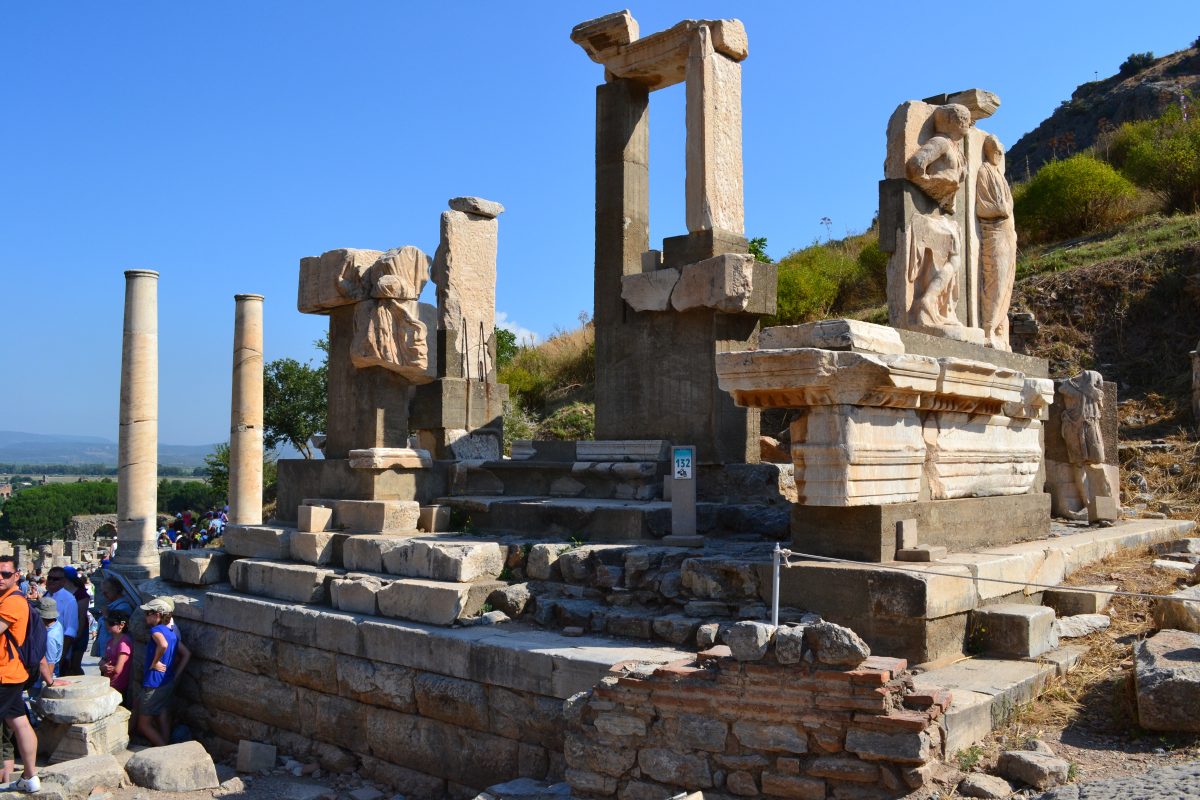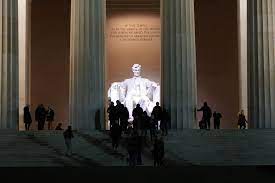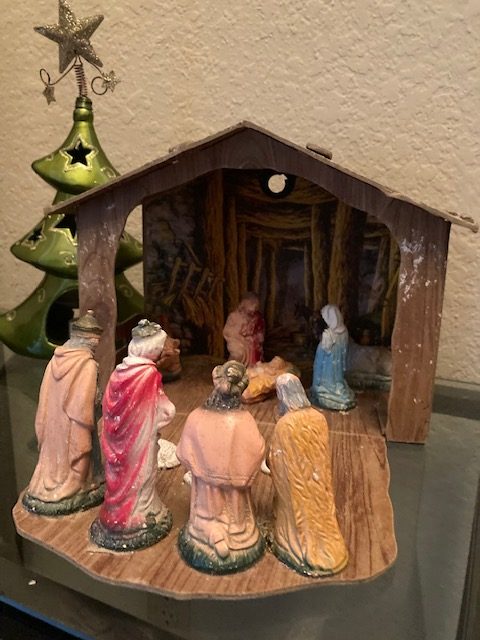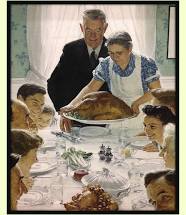Background Passage: Ephesians 4:1-16; Acts 19:20, 23
Serving as a pastor or minister is a more than a job. For most of the men and women who serve as ministers, their work is a calling. When we speak of a “calling” we tend to speak in reverential tones. It is a beautiful idea of being set apart for service by God.
Many who serve in other capacities speak of their call to service. A police officer who puts his or her life on the line every day to serve a community speaks of a calling. A doctor or nurse feels called into the field to care for the sick and hurting.
Watch a kindergarten teacher work his or her magic while trying to corral 22 five-year-old children. See the middle school teacher fending off the preteen hormones. Follow a high school teacher preparing teenagers for a world that is changing before their eyes. If you do, you know these saints of schools have been called to that profession.
Being God-called to serve in whatever occupational capacity is, in my view, the definition of that which is honorable and noble.
The police officer who violates community trust, the doctor or nurse who turns a callous heart to a suffering patient, or a teacher whose actions diminish the potential of a child, fail to live worthy of the call they received.
If we allow God to rule our lives, I believe that we have been called to the career to which he led us…with godly intent and purpose. The Bible teaches a higher scriptural call for every believer in Christ.
The Bible tells us there will always be a battle between the way of Christ and the way of the world. In this clash of cultures, Christians are called to live distinctive lives, different from the world around us.
Paul, the apostle, spent years in Ephesus sharing the gospel to a diverse group of Gentile and Jewish individuals who, in the real world, stood at odds. In Christ, Paul needed them to love one another and to be united in spirit and faith. In his letter to the Ephesian church he encouraged them to join in relationship with one another and to grow in wisdom and maturity of faith.
When division crept into the church, Paul addressed the issue head on. He knew it was the only way they could distinguish themselves from the cutthroat culture of the community that surrounded them. He told them that God had given them everything they needed to live those distinctive lives.
Ephesus was an important city in the Roman Empire during the first century. Its harbor opened onto the Cayster River of Asia Minor which emptied into the Aegean Sea. At one point, Ephesus, with its 250,000 residents, was a hub of commerce and the second largest city in the known world.
In addition, it was a major religious center. The city boasted a temple dedicated to the Greek goddess, Artemis, (the Roman goddess, Diana) one of the Seven Wonders of the Ancient World.
During Paul’s three-year stay in Ephesus, the gospel of Jesus Christ took hold. Acts 19 tells us that people were abandoning their pagan religion and that “the word of the Lord spread widely and grew in power.” (Acts 19:20)
The clash between the pagan culture and the growing Christian culture shook Ephesus to its core.
“About this time there arose a great disturbance about the Way.” (Acts 19:23)
A silversmith, named Demetrius, who made small shrines to Artemis, complained that this new Christian religion was cutting into his business. He called together his workmen and craftsmen of all related trades stirred up a city-wide riot that threatened the lives of Paul, his pastors and all Christian believers in Ephesus.
It was within this clash of cultures that Paul admonished the believers to keep living distinctive lives.
“I urge you to live a life worthy of the calling you have received.”
What a challenge he presented the followers of Christ 2,000 years ago and today. Live a life worthy of your calling. He wasn’t talking about one’s profession or work. He was talking about the call to live life in the image of Christ. Let Paul explain what that meant.
“Be completely humble and gentle; be patient, bearing with one another in love. Make every effort to keep the unity of the Spirit through the bond of peace.”
What does that kind of life look like? A Christian, in Paul’s definition is one who puts others before self, extending kindness to all he or she encounters, answering the hurts and disappointments inflicted by others with self-control and restraint and showering both friend and enemy in God’s love.
Nothing quite destroys the witness of a Christian or the church as quickly as when humility is replaced with arrogance. Gentleness with Rudeness. Patience with restlessness. Love with hatred. Peace with discontent.
Humility. Gentleness. Patience. Love. Peace. Living lives patterned by these traits…what Paul identifies elsewhere as “fruits of the spirit…” builds unity within the church and enhances our witness in the world.
It’s not just the unity within a local congregation of which Paul speaks. It is our relationship as Christians to all people of faith regardless of social status, political affiliation, or ethnicity. It is our purpose to keep that unity from being disturbed by focusing on that which unites us.
“There is one body and one Spirit…just as you were called to one hope when you were called— one Lord, one faith, one baptism, one God and Father of all…”
There is nothing wrong with our denominational divisions. There is nothing wrong with the varied worship styles. We all belong to one faith. When we allow our differences to overshadow the similarities, we diminish our witness. Baptist. Methodist. Catholic. Male. Female. Black. White. Brown. Saints and sinners. One faith in glorifying God. One faith in Jesus Christ as Savior. One faith in the spirit who guides. One faith in serving our fellowman. One faith in building the kingdom of God in this world.
God desires us to live lives worthy of his calling. God wants to live in unity as believers in Christ. These things are so important to him that he provides us with the means to make it happen.
“…To each one of us grace has been given as Christ apportioned it…he gave some to be apostles, some to be prophets, some to be evangelists, and some to be pastors and teachers to prepare God’s people for works of service so the body of Christ may be built up until we all reach unity in faith…and become mature, attaining to the whole measure of the fullness of Christ.”
You and I have been called to serve in some unique way and given the gifts to be so very good at it. When we use those gifts we’ve been given, the engine that is the Christian faith fires on all cylinders at its utmost efficiency and effectiveness. Every time we live unworthy of the calling nothing in life runs as smoothly as it could.
The clash of cultures between the way of Christ and the way of the world is starkly evident today. Because the world delights in our failure to live up to our calling, we need an extra measure of those distinctive characteristics that set us apart from the world.
Lest we think it’s impossible to live with one another in humility, gentleness, patience, love and unity, we simply must keep our eyes on the one God, the one Lord, the one Spirit and the one faith.
Seek God and his will. Look to serve one another. Set aside that which divides us and open your hearts to love all those who love the Lord. Reach out to the world community in ways that demonstrate the love and compassion of Christ.
“Live a life worthy of the calling you have received.”
I don’t know about you, but it is a reminder I needed to hear and heed.
Amen.









